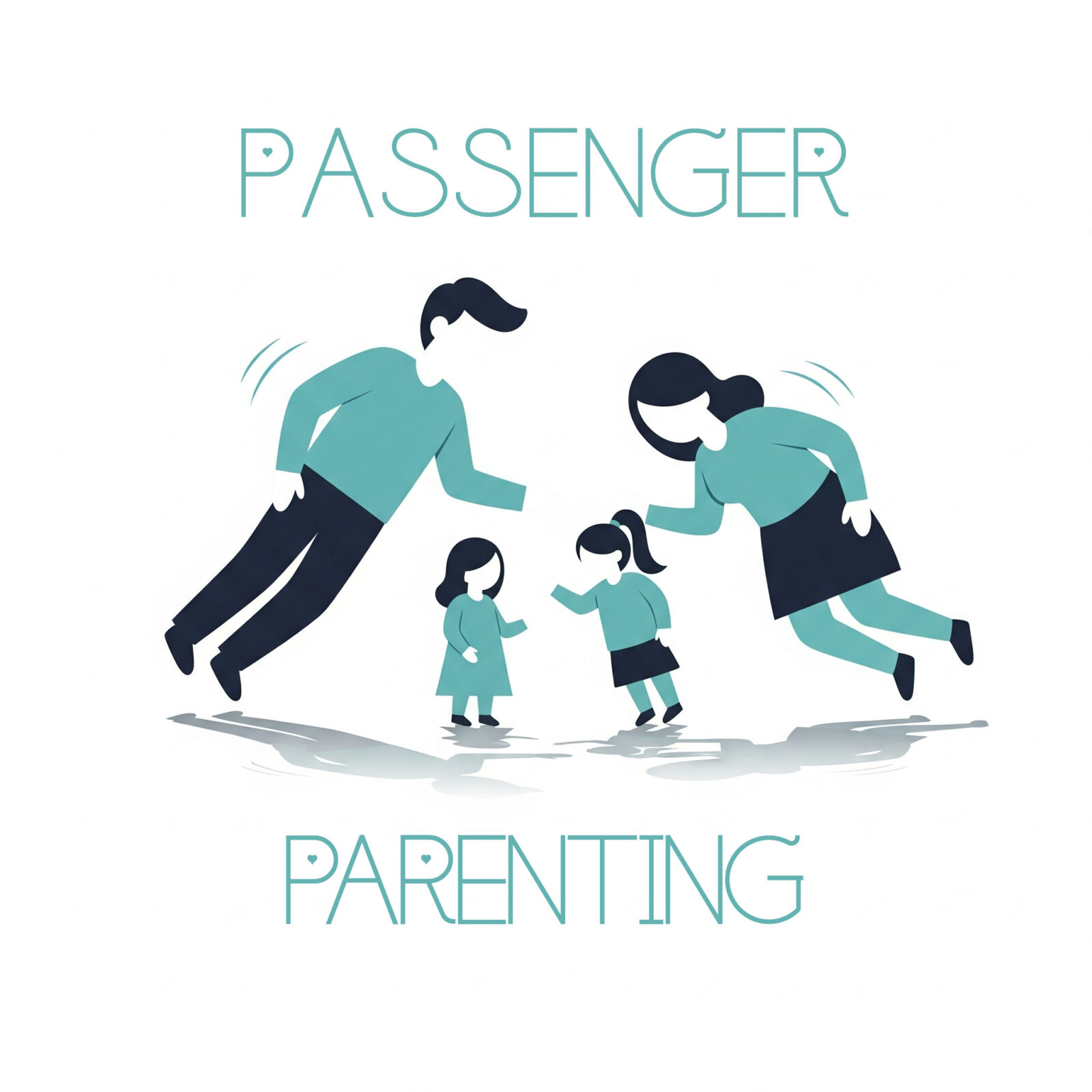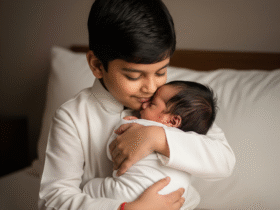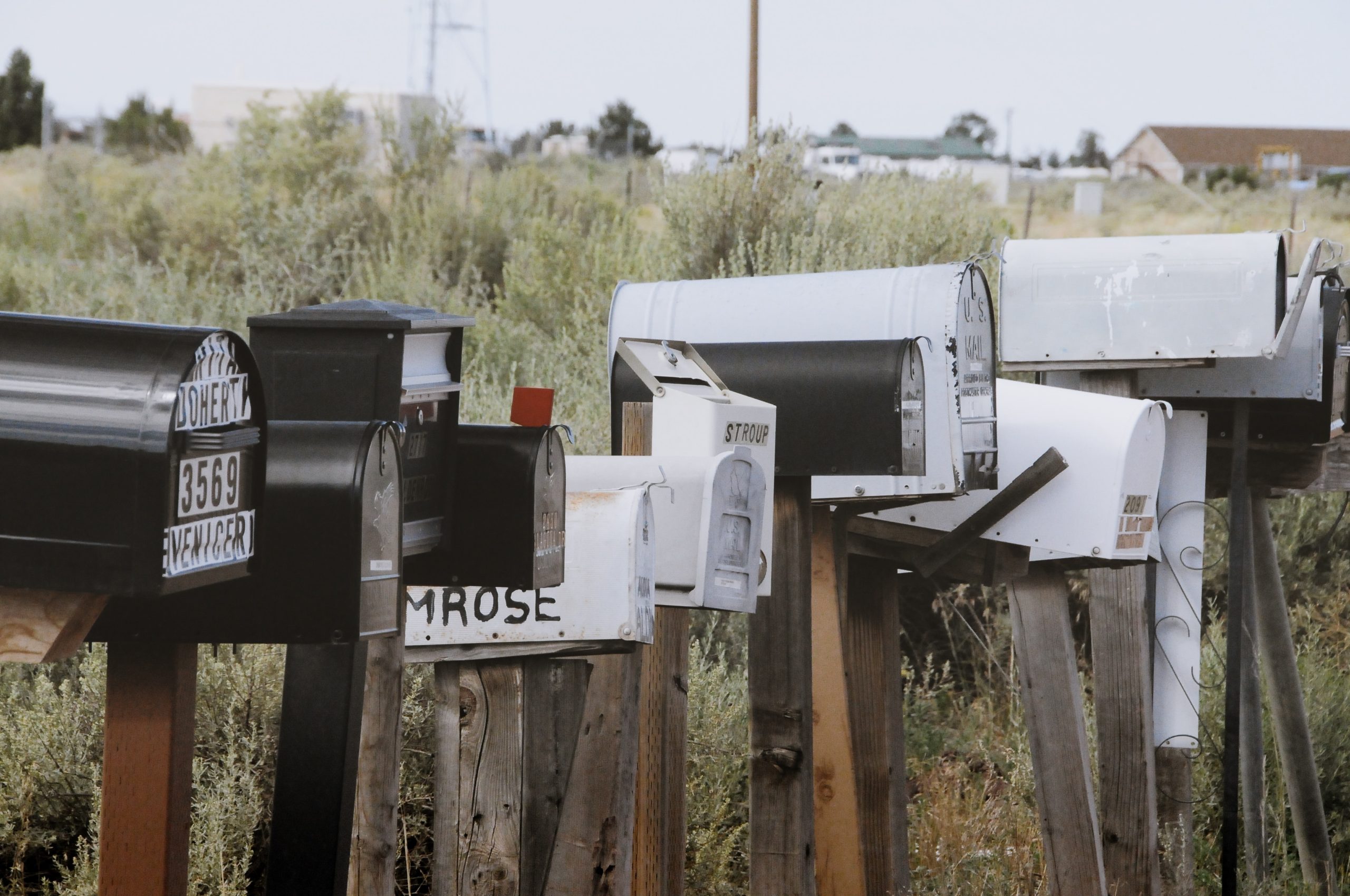In today’s parental world, parenting is a complicated and multi-faceted idea. It means that parents put their own emotional or relational needs ahead of their children’s, frequently because they have unreasonable demands, high expectations, or want to be in charge. The passenger parenting method may seem helpful at first, but it can have very bad impacts on the child’s mental health and the connection between the parent and child.
Getting to Know Passenger Parenting
At its heart, Passenger Parenting means that parents take on too many emotional burdens from their kids. This could mean doing things like laundry, cooking meals, or even chores around the house that the child usually does. The goal is generally to make things easier for the youngster and give them a sense of safety.
But this kind of relationship might cause a lot of problems. From a psychological point of view, it might throw the relationship off balance since the parent may feel like they need the child too much for emotional support or approval. The youngster may emotionally pull away from the parent because of this dependence, which can make them feel alone and disconnected.
The Good Things About Passenger Parenting
Passenger Parenting might offer certain benefits, even though it could have some problems:
- Structure and Discipline: Some people say that giving kids greater responsibility might help them learn how to be organized and disciplined, which is important for their growth.
- Independence Development: Children learn how to solve problems and become more independent when they don’t get too much help.
The Bad Things About Passenger Parenting
The negatives are often bigger and frequently more important than the pros:
- Stress on Parents: Parents may feel stressed, anxious, and burned out because they always have to be there for their kids.
- Effect on Child’s Mental Health: Relying too much on parents can make kids emotionally numb, which can make it hard for them to deal with their own feelings or make healthy relationships later in life.
- Problems with Parent-Child Bonding: This situation might make the main parent-child bond weaker because of the emotional distance it creates.
Effects on society
Passenger parenting is not a new thing; it has been common in many cultures and generations. It shows how society as a whole values things like control, convenience, and dependence. But as people become more conscious of mental health problems and emotional intelligence, the practice is getting greater attention.
Studies show that kids who are raised by Passenger Parents may be more stressed, anxious, and depressed than kids who have more direct parental contact. This shows how important it is for parents to find a balance between helping their kids and keeping appropriate boundaries.
Effects of Culture
People’s cultural backgrounds have a big impact on how they feel about Passenger Parenting. A lot of Western societies value independence and parents not getting in the way too much. Some people see this type of parenting as a sign of maturity, while others think it is too controlling.
Possible Answers
Parents can start to be better parents by realizing that Passenger Parenting may not be bad in and of itself, but rather a sign of deeper problems such having unreasonable expectations or not having emotional boundaries.
- Set Realistic Expectations: Parents should make sure their kids understand what they want to do and how to do it, while still respecting the child’s right to make their own choices.
- Keep Emotional limits: It’s important to put your own health first and keep healthy limits that don’t hurt the bond between you and your child.
- Get Help from a Professional: If parents are having trouble with their parenting style, they might want to talk to a therapist or counselor.
Conclusion
Passenger parenting may seem like a great way to deal with the stress of being a parent, but it can have long-lasting bad effects. Parents need to be aware of how their behaviors can affect their own and their children’s mental health. Parents may have a better, more balanced relationship with their kids by setting appropriate limits and putting mental health first.
In the end, parenting is a very personal journey that needs a lot of thought and meditation. If Passenger Parenting isn’t working for them or their kids, parents need to be willing to look at how they interact with each other and try to find other ways to do things.










Leave a Reply